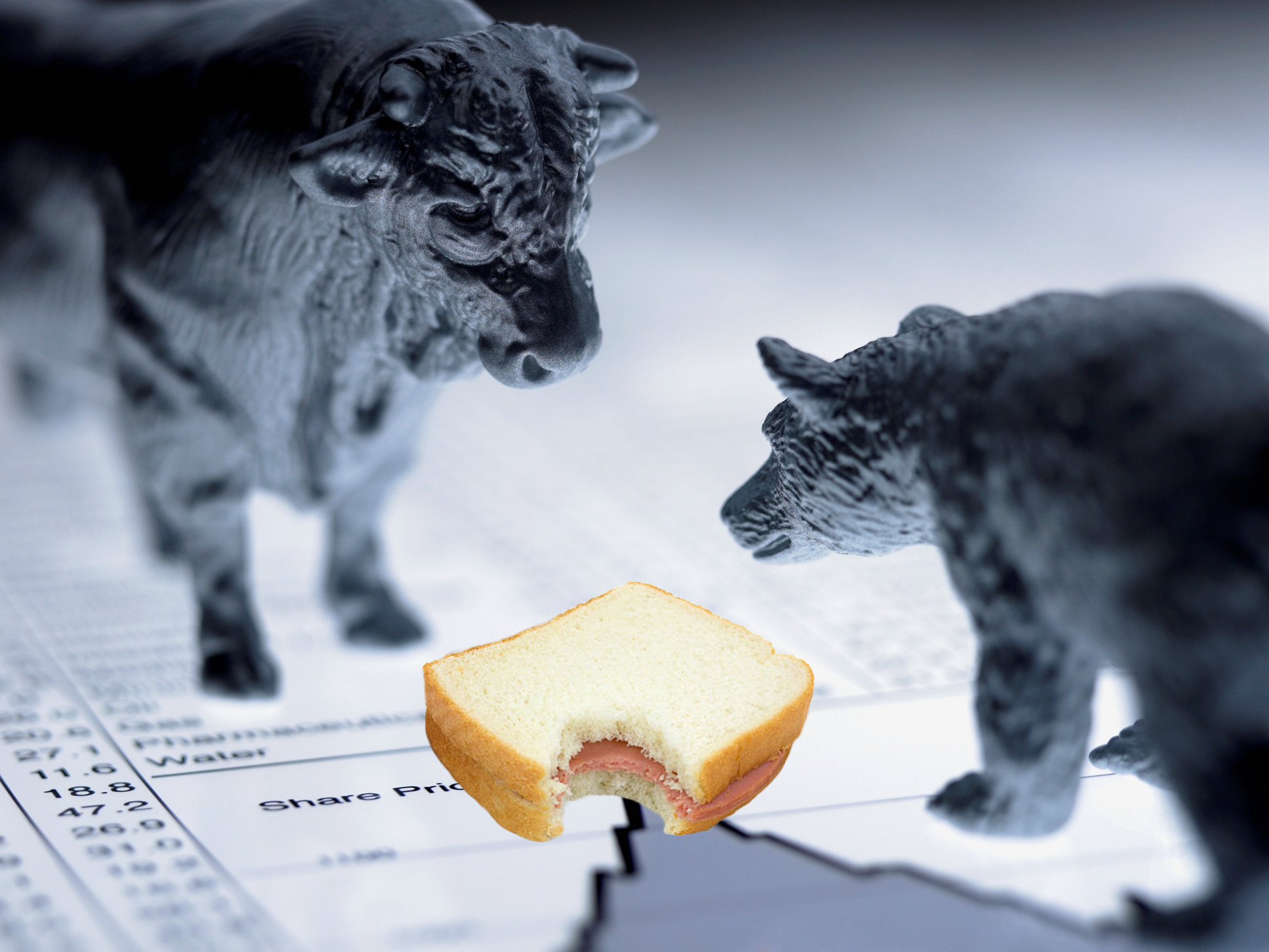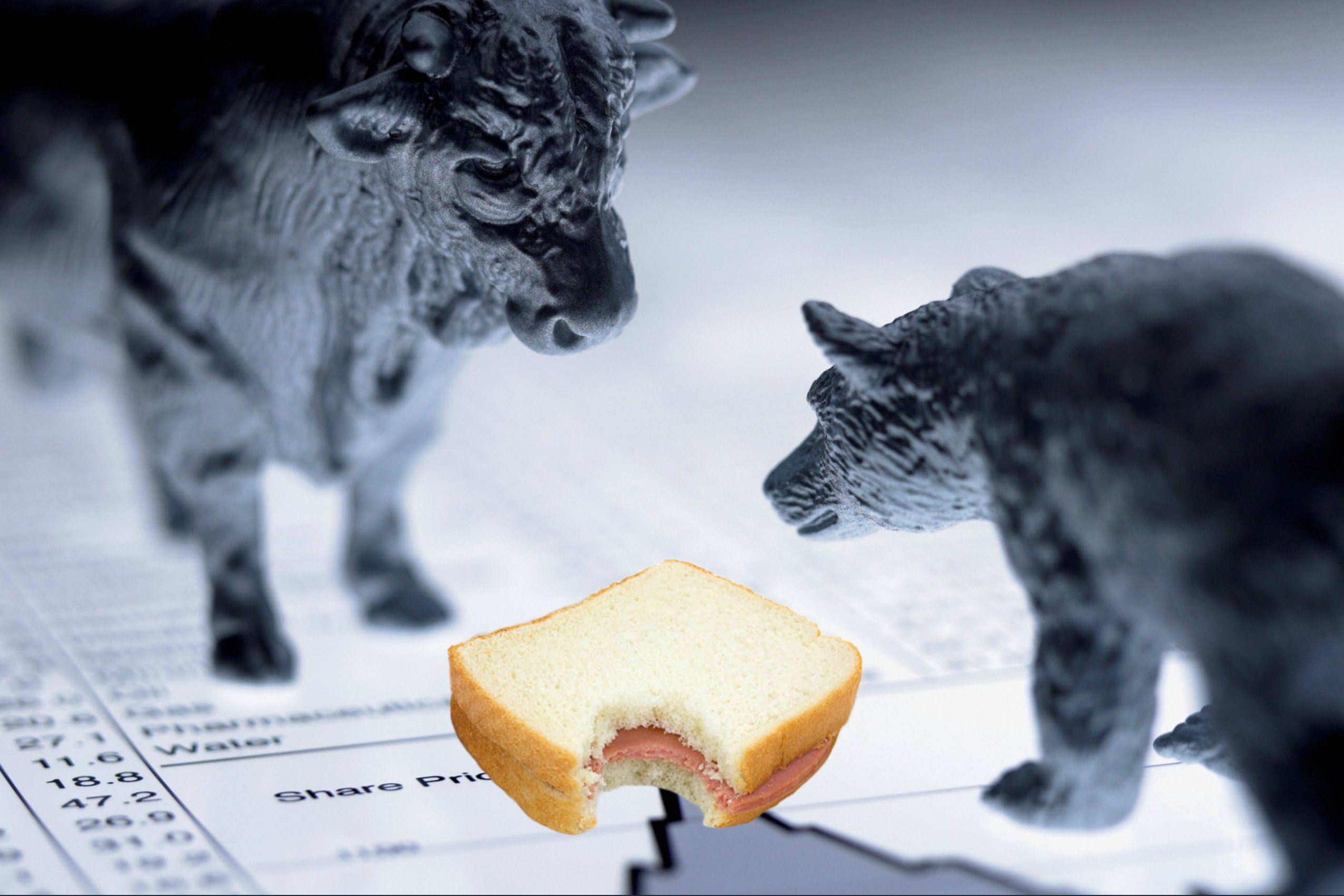For months there has been talk about a looming economic downturn. Articles tease with headlines like “this company stock is set to plummet,” or “Economist who predicted Great Recession has this stark warning.”



You have seen them online, in social media, and everywhere. It’s doom and gloom and it sells clicks. These headlines have been going on for months and will continue. They keep on saying it’s coming, but it never seems to arrive. However, if they keep on repeating themselves they will be right sooner or later. It becomes a self-fulfilling prophecy.
A recession is an inevitable part of capitalism. You usually know it’s over when the stocks hit rock bottom. The problem is you don’t know when the bottom is reached—and the market always declines first. Then corporate earnings decrease and then the economy bottoms last. By the time we hit the point where the economy is bottoming, the market is already recovering. This happens because the market is forward looking, and people are betting where things will be in six-to-12 months, and the market reflects those bets.
However, all this focus on an impending crisis, perhaps they missed it? In April, the Bloomberg Intelligence model—known as the Regime Index—indicates that perhaps a recession already started months ago in 2022. According to Bloomberg, “this index analyzes monthly changes in key inputs that factor into calling a recession— including capacity utilization, jobless claims, manufacturing and sentiment.” This index shows a recession from June to December of 2022.
Overall, the economy is doing okay. However, the headlines of layoffs dominate the news cycle because that is what sells. Consumers, though, continue to spend, although it is slowing down, and the demand for labor is still high. We are still hiring and still see a tight labor market for the skilled people we require. Our clients are still building and discussing continued projects moving forward.
There is still weakness in economy, though. The first quarter of 2023 had large bank collapses like we haven’t seen since 2008, continued interest-rate hikes, and weak corporate profit earnings. This doesn’t include the Russia/Ukraine war or increased tensions with China. The market sees signs that slowing inflation will end the Fed’s interest rate hikes. The Fed recently came out to say they believe we will have a mild recession. As reported in their meeting notes, “Given their [the FOMC staff] assessment of the potential economic effects of the recent banking-sector developments, the staff’s projection at the time of the March meeting included a mild recession starting later this year, with a recovery over the subsequent two years.”
So, did we have one? Are we going to have one? Are we in one? No one seems to know. Regardless, we will continue to move forward like we always do. If (when) a recession does come, we are doing the same things I am sure you are doing in your business:
1. Focus on valuable projects. By valuable, I mean the projects where you can add the most value—either with your service or the project type that returns the most value to the company. These will be the types of projects that continue if a recession occurs. As a service provider, focusing on the projects that allow you to show your worth will keep you busy during any downturn. It plays to your strengths. When you give value, it often returns to you.
2. Control Costs. This is a successful strategy no matter what is going on in the economy. There are several examples from supply chain ordering to clear communication. For example, the sooner you can award contracts to order items, the better pricing will be. Plus, you limit the chance it will affect the schedule negatively. Lead times are still a problem—with no end in sight.
3. Communication. We are all in this together. The more that owners, contractors, architects, and engineers can communicate, the better the outcome for everyone. The earlier in the process a team can be assembled—whether it’s a design-build, design assist, or negotiated project— the better.
4. Play to your strengths. During a recession it may be tempting to enter the “hot” new market or industry trend. Don’t. Recessions are usually short and the recovery long by comparison. Focus on your core strengths and what you do better than any other firm.
Regardless of where they finally say we are in the recessionary cycle; these tips will help in any economic situation. Let’s get to work.












